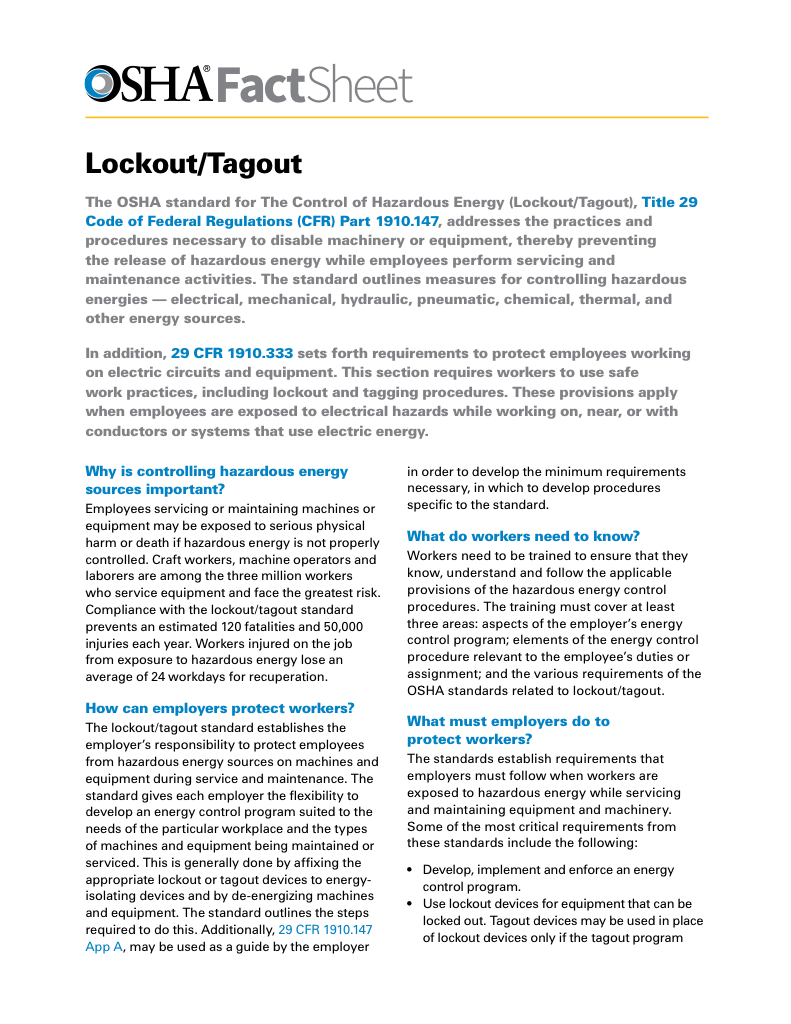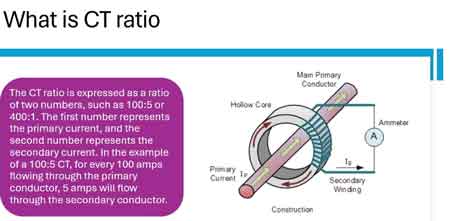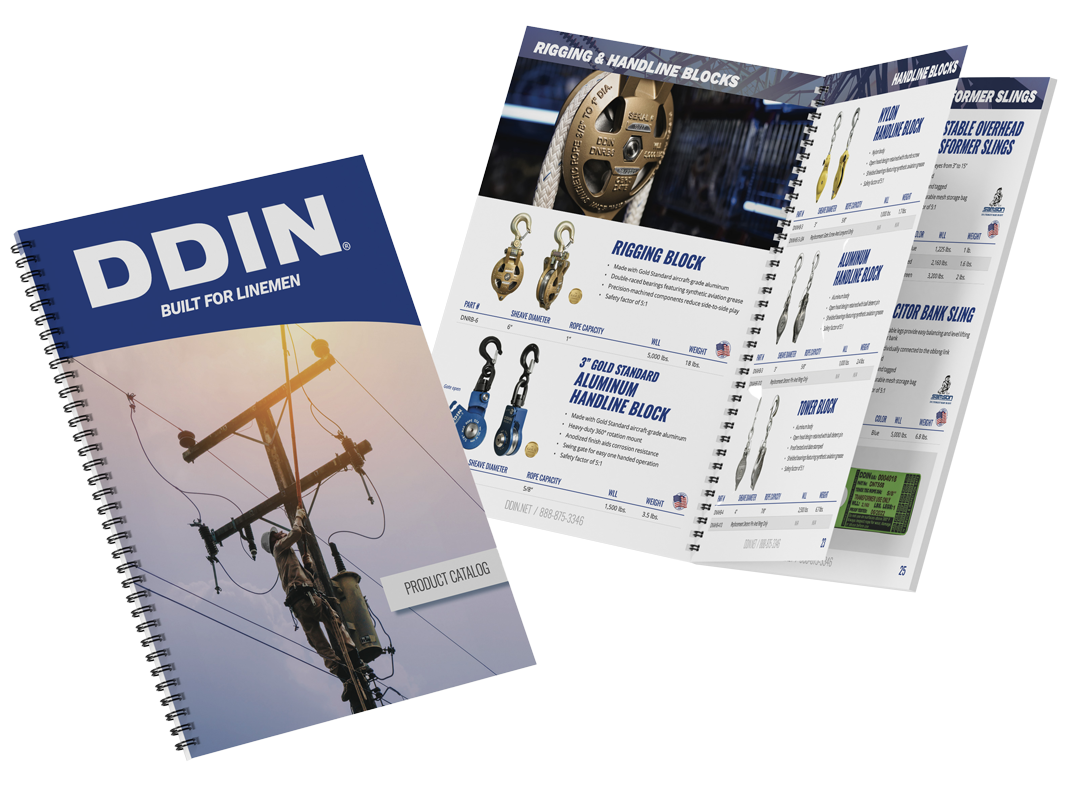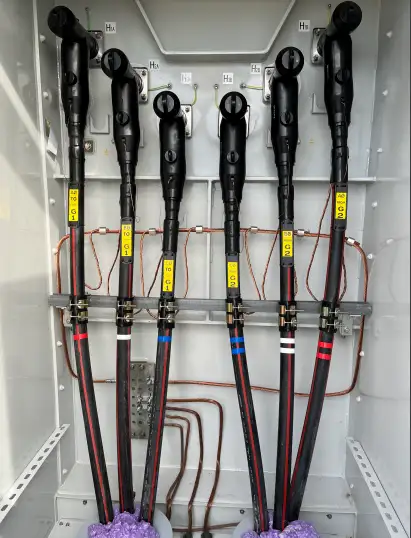Electrical Testing Prevents Electrical Hazards
By R.W. Hurst, Editor
NFPA 70b Training - Electrical Maintenance
Our customized live online or in‑person group training can be delivered to your staff at your location.

- Live Online
- 12 hours Instructor-led
- Group Training Available
Download Our OSHA FS3529 Fact Sheet – Lockout/Tagout Safety Procedures

- Learn how to disable machines and isolate energy sources safely
- Follow OSHA guidelines for developing energy control programs
- Protect workers with proper lockout devices and annual inspections
Electrical testing verifies safety, compliance, and performance through inspection, diagnostics, and calibration, including insulation resistance, continuity, earth testing, PAT checks, and power quality analysis for commissioning, preventive maintenance, and certification.
What Is Electrical Testing?
A systematic evaluation ensuring electrical safety, compliance, performance, and reliability.
✅ Validates safety, code compliance, and asset reliability
✅ Measures insulation resistance, continuity, and grounding
✅ Supports commissioning, troubleshooting, and maintenance
Electrical testing is a crucial aspect of maintaining safe and reliable power systems. It examines and evaluates equipment and installations to ensure they are functioning correctly, efficiently, and safely. This procedure is essential for various reasons, including protecting lives, property, and the environment and adhering to industry standards and guidelines.
One of the critical components is assessing insulation resistance. This test measures the resistance of electrical insulation to prevent current leakage, ensuring the safety of the equipment and the people operating it. In addition, insulation resistance tests help identify potential issues with insulation materials, such as aging, deterioration, or damage caused by excessive heat, moisture, or mechanical stress. Regular testing is crucial to detect these problems early and prevent hazards. For a concise overview of methods and acceptance values, see this insulation resistance test guide to align field practice with standards.
Another essential aspect is checking for circuit continuity. This test ensures that connections within a circuit are complete and that no breaks or faults could compromise the system's performance. For example, a break in a circuit can lead to a lack of power, inefficient energy usage, or even fires. By performing continuity tests, professionals can identify and fix any issues before they escalate. When continuity issues persist, structured workflows in electrical troubleshooting help isolate root causes efficiently.
Test Your Knowledge About Test Equipment!
Think you know Test Equipment? Take our quick, interactive quiz and test your knowledge in minutes.
- Instantly see your results and score
- Identify strengths and areas for improvement
- Challenge yourself on real-world electrical topics
Voltage testing is another vital part of the process. It helps determine if the voltage levels in a system are within the acceptable range for the equipment being used. In addition, voltage testing can help identify issues such as overvoltage or undervoltage, which can lead to equipment damage, inefficiency, or unsafe working conditions. This is especially important on drives and motors, where electric motor testing correlates supply conditions with winding health and performance.
Earth resistance testing is critical for ensuring the effectiveness of grounding systems. A properly grounded system can safely dissipate fault currents and reduce the risk of shock. Earth resistance testing measures the resistance between the grounding electrode and the earth, helping professionals identify issues that may compromise the grounding system's safety and effectiveness.
Maintaining electrical safety is the primary goal. By performing regular tests, professionals can identify potential hazards, such as damaged equipment or faulty installations, before they lead to accidents or failures. Electrical safety testing encompasses various procedures, including insulation resistance, circuit continuity, and earth resistance tests, to evaluate a system's safety comprehensively. Routine programs should include checking insulation resistance alongside visual inspections and torque checks.
Various test equipment is used to conduct electrical tests, including multimeters, insulation resistance testers, voltage testers, earth resistance testers, and power quality analyzers. These tools help professionals quickly and accurately diagnose issues and evaluate the overall performance of systems. For insulation assessments, an insulation resistance tester provides test voltages and readings suited to cable, motor, and switchgear assets.
When performing tasks, it is crucial to follow safety precautions. These may include wearing personal protective equipment, such as insulated gloves and safety goggles, and adhering to lockout/tagout procedures to prevent accidental energization of systems during testing. Moreover, using the appropriate test equipment and following the manufacturer's instructions for accurate and safe testing is essential.
Insulation resistance testing typically involves applying a high voltage across the insulation material and measuring the resulting current leakage. By comparing the measured insulation resistance to acceptable values, professionals can determine the insulation's condition and make necessary repairs or replacements. Technicians often select a megohmmeter to apply appropriate test voltages and interpret polarization index trends.
Industry standards and guidelines dictate the requirements, such as those set forth by the Institute of Electrical and Electronics Engineers (IEEE) and the International Electrotechnical Commission (IEC). These organizations establish best practices, testing frequency, and minimum performance criteria to ensure systems are safe, reliable, and efficient. These frameworks support effective industrial electrical maintenance programs that balance reliability, safety, and cost.
Electrical testing is essential for maintaining safe and reliable systems. Following industry standards and guidelines, regular testing can help prevent hazards, ensure equipment longevity, and promote energy efficiency. In addition, by incorporating comprehensive testing procedures, such as insulation resistance, circuit continuity, voltage testing, and earth resistance, professionals can ensure that systems remain safe and compliant for years to come.








